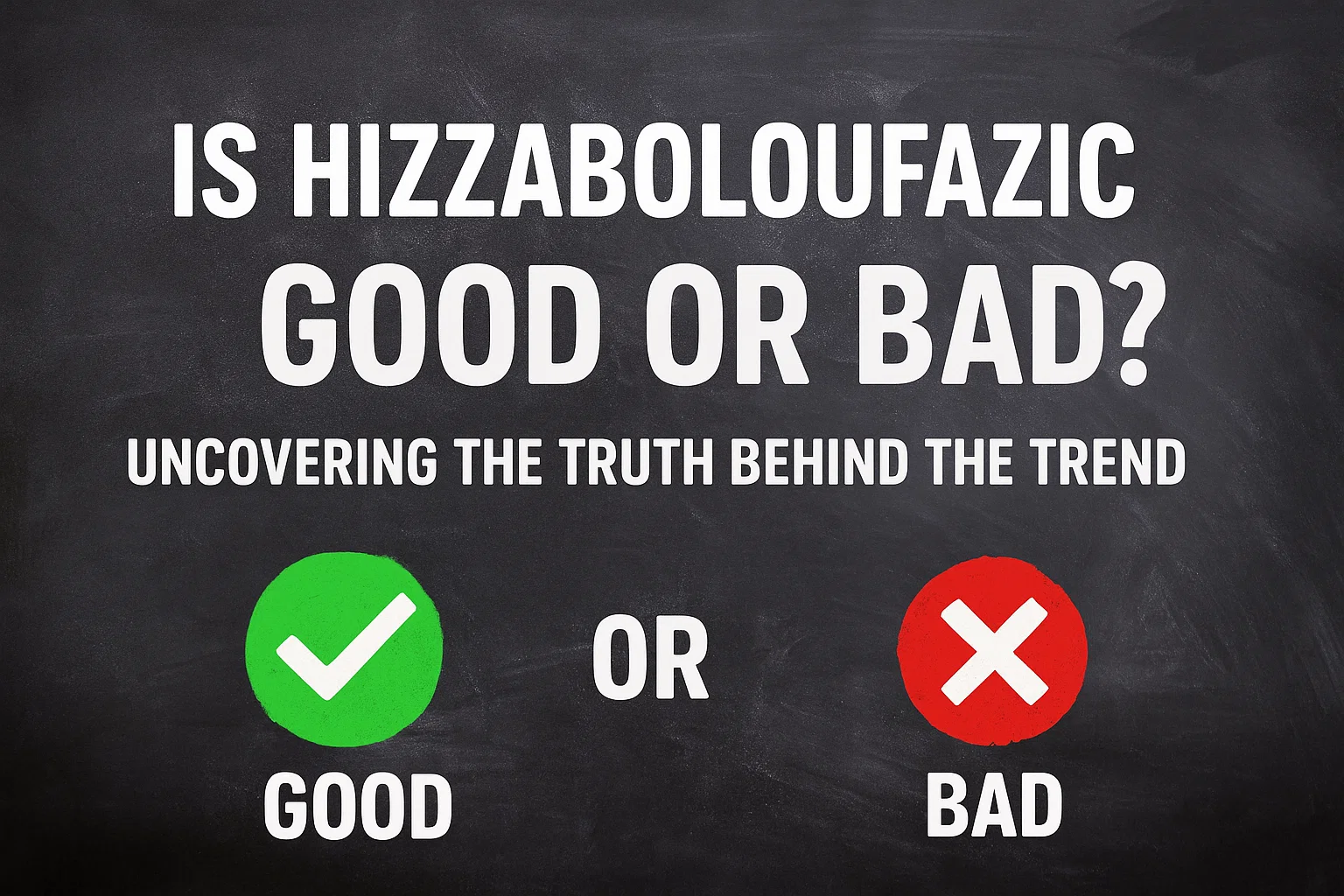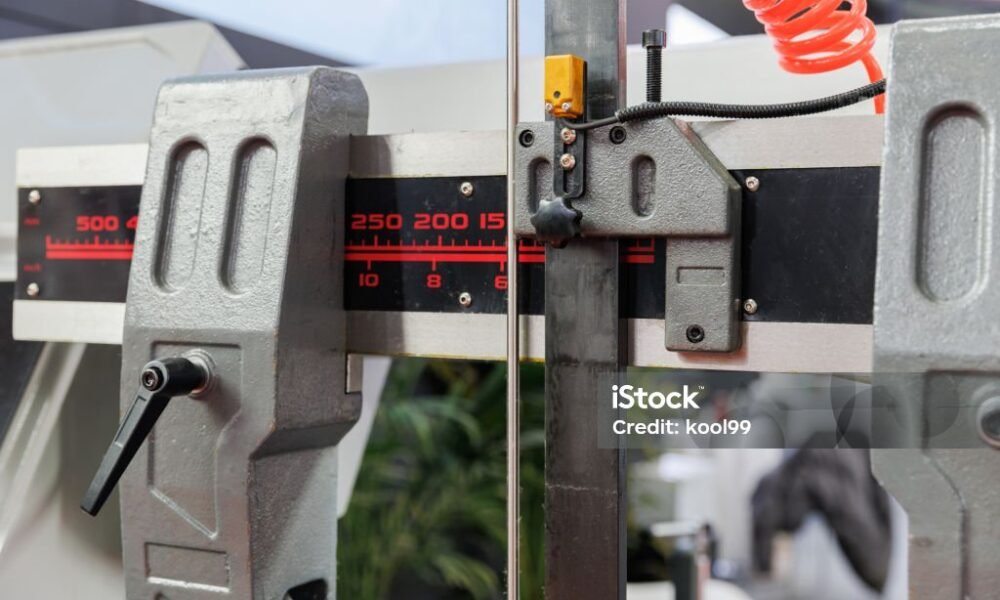In a world increasingly dominated by data, wellness, and personal growth, the term “Jememôtre” is emerging as a fascinating and powerful concept. Derived from French, “je me môtre” can be loosely translated as “I measure myself”—a phrase that symbolizes self-awareness, self-assessment, and the mindful tracking of one’s physical, mental, and emotional states. This term blends the precision of data with the sensitivity of introspection, offering a revolutionary approach to self-improvement in the modern era.
This article explores the meaning, applications, benefits, and future potential of Jememôtre, and how it can influence the way we live, think, and grow.
What is Jememôtre?
Jememôtre isn’t just a word—it’s a philosophy of self-measurement. It reflects a conscious effort to evaluate and understand oneself using tools, reflections, and data to live a more meaningful life.
At its core, Jememôtre includes:
- Tracking personal habits
- Understanding emotional responses
- Measuring physical health metrics
- Reflecting on mental well-being
- Making intentional changes based on insight
Rather than being obsessed with numbers or perfection, Jememôtre promotes balance—a fusion of technology and intuition to make better choices.
Origins and Inspiration
While the term Jememôtre is modern and not yet officially defined in dictionaries, its inspiration draws from several trends:
- Quantified Self Movement – A global community of people who use wearable tech and apps to track everything from sleep to productivity.
- Mindfulness Practices – Meditation, journaling, and emotional check-ins that help increase self-awareness.
- Behavioral Science – Tools and studies that show how small, measurable changes can lead to lasting improvement.
Together, these movements have fueled a shift from vague goal-setting to precise personal analytics—and Jememôtre stands at the intersection of all three.
Key Areas of Jememôtre
Let’s explore how Jememôtre can be applied in real life:
1. Physical Health
Jememôtre encourages tracking metrics such as:
- Daily steps and exercise
- Heart rate and blood pressure
- Sleep quality
- Nutrition and hydration
By understanding these factors, you can fine-tune your body’s performance and spot issues early.
2. Mental & Emotional Health
Journaling, mood trackers, and digital diaries can help you:
- Recognize emotional patterns
- Identify stress triggers
- Measure anxiety or depressive tendencies
- Track mindfulness or gratitude practices
This helps reduce emotional blind spots and fosters better coping strategies.
3. Productivity and Habits
With tools like time trackers or habit apps, Jememôtre helps you:
- Measure how your time is spent
- Track progress on goals
- Eliminate time-wasters
- Boost consistency in routines
You get clearer insights into what drives your performance—and what holds it back.
4. Social and Relational Health
Jememôtre can also apply to:
- Logging meaningful conversations
- Measuring time spent with loved ones
- Noting acts of kindness or community involvement
This enhances empathy and strengthens human connection—two things often neglected in our digital lives.
Tools That Support Jememôtre
To practice Jememôtre effectively, both digital and analog tools can be used:
- Wearables (Fitbit, Apple Watch, Garmin): Track physical metrics
- Apps (Headspace, Moodnotes, Habitica): For emotional and habit tracking
- Bullet Journals: For creative tracking and reflection
- Spreadsheets or Logs: For those who prefer manual data
- Voice Notes or Vlogs: For expressive tracking of emotions and experiences
The tool matters less than the consistency. The key is to measure what matters to YOU.
Benefits of Jememôtre
✅ Greater Self-Awareness
When you measure your thoughts, habits, and body, you begin to understand yourself on a deeper level.
✅ Improved Decision-Making
With data to back your insights, you’re less likely to make impulsive or harmful choices.
✅ Sustainable Growth
Change becomes manageable and trackable, helping you build better habits over time.
✅ Early Detection of Issues
Whether it’s a dip in mood, a health symptom, or a work slump, tracking lets you catch problems before they grow.
✅ Empowerment
Jememôtre puts you in the driver’s seat of your life. You don’t just react—you take control.
Challenges of Jememôtre
Despite its benefits, Jememôtre has its challenges:
- Over-tracking: It’s easy to become obsessed with numbers or feel overwhelmed.
- Data Fatigue: Too much information can lead to confusion or inaction.
- Privacy Concerns: Using apps means trusting your data to third parties.
- Perfection Pressure: Measuring yourself constantly may lead to burnout if not balanced with self-compassion.
The solution? Moderation and reflection. Remember that Jememôtre is about insight, not perfection.
The Future of Jememôtre
As technology evolves, Jememôtre is set to become more personalized and seamless:
- AI-driven suggestions for lifestyle improvement
- Voice-activated tracking and mood logging
- Integration with smart home tech (e.g., sleep monitoring beds)
- Mental health biomarkers that predict burnout or emotional distress
In the near future, we might see Jememôtre platforms—a unified dashboard for all aspects of your self-measurement journey.
Final Thoughts
Jememôtre is more than just a trend—it’s a powerful practice for intentional living. In a noisy world where distractions are everywhere, taking time to measure, reflect, and realign with your goals can be transformative.
Whether you’re tracking your physical health, observing your thoughts, or refining your routines, Jememôtre teaches you to know yourself better—and from that knowledge comes growth, strength, and peace.
So start simple: Track one habit. Write one feeling. Reflect once a day. With consistency, you’ll build a clearer picture of who you are—and who you want to become.











One thought on “Jememôtre: A New Era of Self-Measurement and Mindful Living”